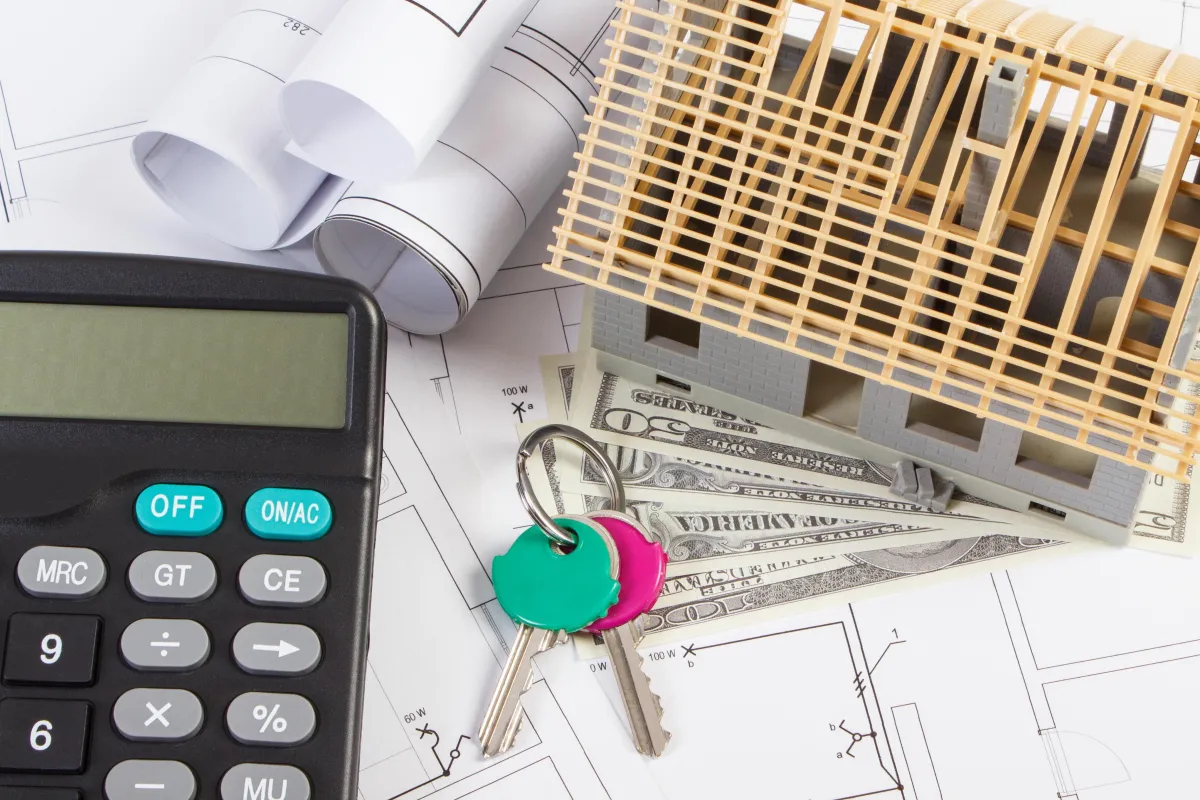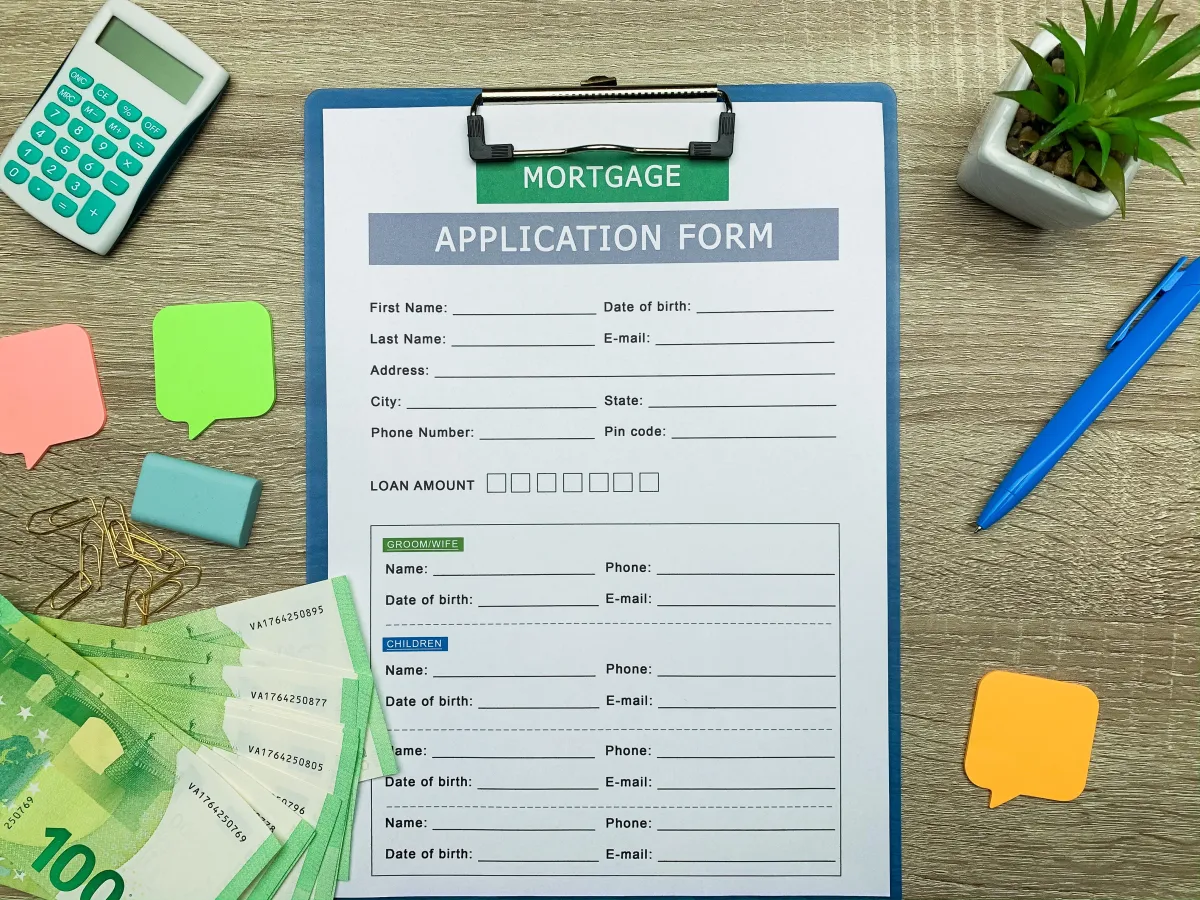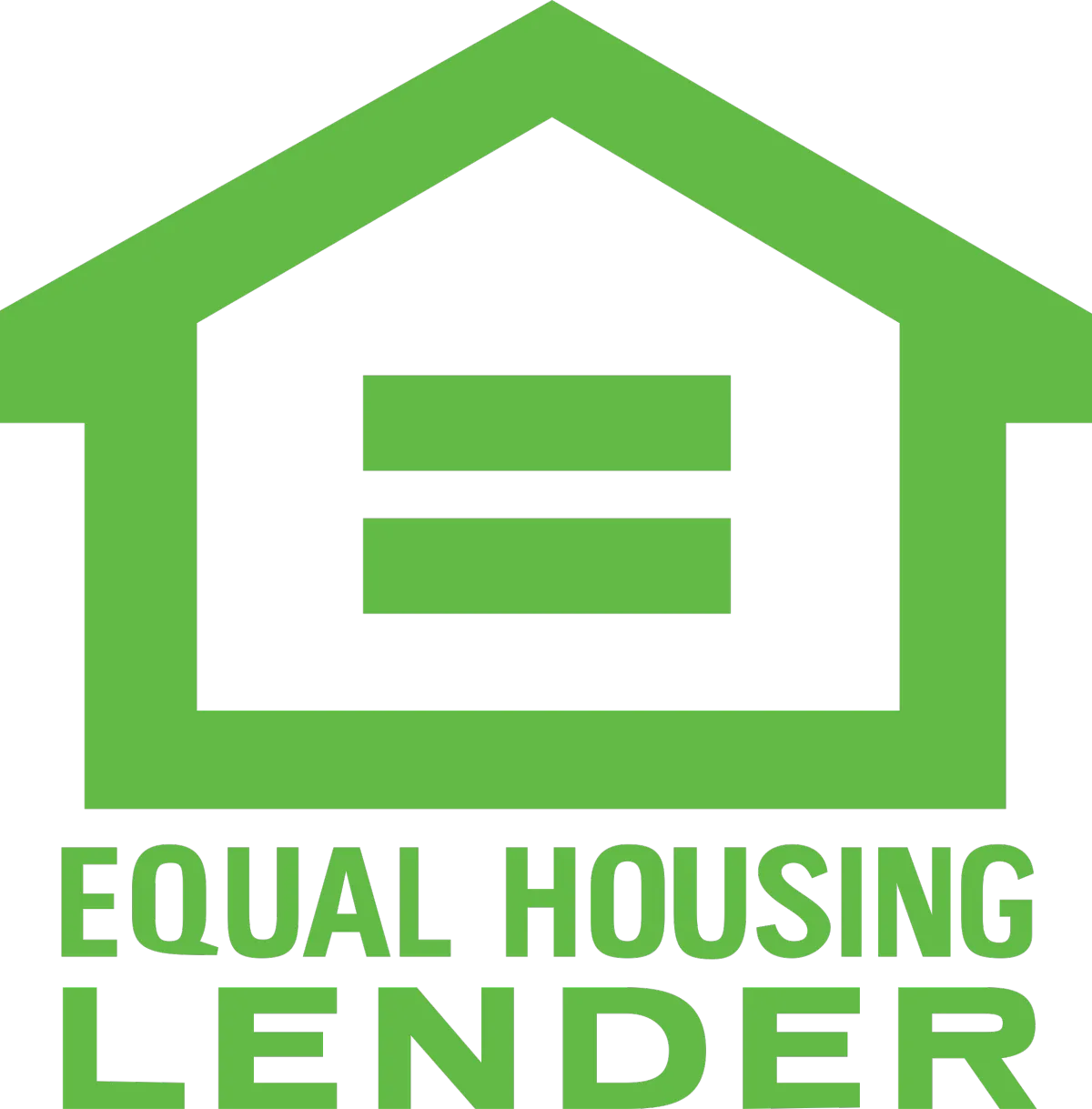Empowering youR Mortgage Journey

Get to Know Us
We have loan officers in your community that thrive on helping you find the right mortgage to fit your needs. .


Loan Programs
Explore Various Loan program options for fixed and adjustable rate mortgages.

Calculators
Our mortgage calculators help you home in on your future mortgage based on options, interest rates, and more.


Apply Now
Get started with our secure application. It's a few quick question's that take about 12 minutes to complete.
Testimonials
Frequently asked Questions!
What is the difference between pre-qualification and pre-approval?
Pre-qualification is an initial evaluation based on information you provide to a lender. It's a quick, informal process to give you an estimate of how much you might be able to borrow. Pre-approval, on the other hand, is a more in-depth process. The lender will verify your financial information and credit, and you’ll get a conditional commitment for a loan amount. Pre-approval strengthens your offer when buying a home, as it shows sellers that you are a serious buyer.
What mortgage programs are available to me?
There are several mortgage programs available, and the best one for you depends on your financial situation:
Conventional Loans: Standard home financing options often requiring a solid credit history and stable income, offering flexible terms and competitive interest rates for buyers with stronger credit profiles.
FHA Loans: Home loans designed for buyers with smaller down payments or lower credit scores, making homeownership more accessible with flexible qualification standards.
VA Loans: Home loans for eligible veterans and active-duty service members, offering benefits like no down payment and no private mortgage insurance.
USDA Loans: For buyers in rural areas, offering low or no down payment.
Jumbo Loans: Mortgages exceeding conventional loan limits, used to finance high-value properties, typically requiring higher credit scores and larger down payments.
Adjustable Rate Mortgage (ARM): A mortgage with an interest rate that may change periodically, based on market conditions, which can lower or raise monthly payments.
Reverse Mortgage: A loan for homeowners 62 or older, allowing them to convert home equity into cash without monthly payments, with repayment due when they move or sell the home.
Second Home: Used to finance vacation or part-time residences. These loans typically require strong credit, a down payment of at least 10%, and proof the home won't be rented out.
Investment Property: For properties purchased to generate rental income or resale profit. They usually require higher credit scores, larger down payments (15–25%), and come with higher interest rates.
Non QM: Non-Qualified Mortgages cater to borrowers with unique financial situations, such as self-employed individuals. They allow alternative income verification methods but come with higher rates and fees.
Discuss your situation with your lender to determine which program suits you best.
How much do I need for a down payment?
The down payment required depends on the type of loan you are pursuing. Conventional loans typically require at least 3% to 20% of the home's price. FHA loans require as little as 3.5%, while VA and USDA loans can offer options with 0% down. However, putting down more may help you secure better terms and lower your monthly payments.
Down payment assistant programs are available, contact your MSFG professionals for details.
How long does the mortgage process take?
The mortgage process typically takes about 10 to 30 days from the time you apply to closing. However, this timeline can vary depending on several factors such as how quickly you provide necessary documentation, the type of loan, and the current market conditions. Working closely with your lender and being proactive in submitting documents can help expedite the process.
What will my interest rate be?
Your interest rate is determined by several factors, including your credit score, loan type, loan term, down payment, and the current market conditions. Rates fluctuate daily, so it's important to check with your lender for the most accurate quote. Typically, higher credit scores and larger down payments result in lower interest rates.
What are closing costs and how much will they be?
Closing costs are fees paid as part of the mortgage process, typically ranging from 2% to 5% of the loan amount. At Mountain State Financial Group (MSFG), we cover upfront expenses without requiring a deposit. MSFG provides a Loan Estimate (LE) at the beginning and a Closing Disclosure (CD) at the end, ensuring full transparency of all expenses.
How much can I afford to borrow?
The amount you can afford depends on your income, debts, credit score, and how much you are comfortable paying each month. Lenders often use a debt-to-income (DTI) ratio to determine affordability. Generally, your mortgage payment, including taxes and insurance, should not exceed 35% of your gross monthly income. Lenders also look at your overall DTI, which should ideally stay below 50%.
Contact your Mountain State Financial Group professional for more information.
What is private mortgage insurance (PMI) and do I need it?
Private Mortgage Insurance (PMI) is insurance that protects the lender if you default on your loan. It is typically required for conventional loans when your down payment is less than 20% of the home's purchase price. PMI can be removed once you build 20% equity in your home. FHA loans have their own version of mortgage insurance, which is usually required for the life of the loan unless you refinance into a different loan type.
Main Office:
9035 Wadsworth Parkway Suite 3400
Westminster, CO 80021
Phone: (720) 838-1246
Bismarck Office:
1600 E Interstate Ave, Ste 4
Bismarck, ND 58503
Phone: (701) 955-0597
Fargo Office:
1630 1st Ave N Ste B
Fargo, ND 58102
Phone: (701) 425-2223

